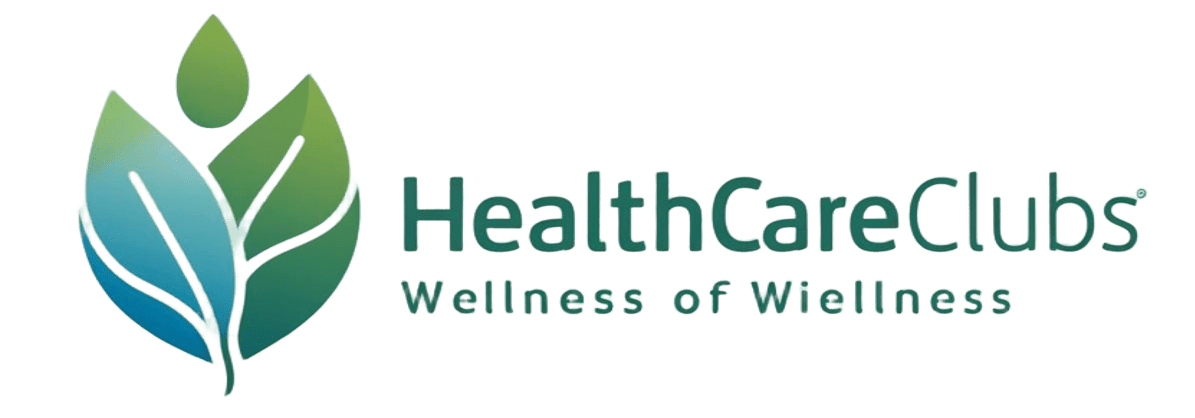Health services that are accessible to all are very important in terms of keeping individuals and communities in good health. If individuals have access to good healthcare services, there is a high chance that they will get prompt and suitable care for their health needs. This can result in improved health outcomes, enhanced living standards, and fewer healthcare expenses in the future. Access health services also help in controlling infectious diseases as well as preventing their spread. In addition, accessible health services help prevent health inequities by allowing all individuals to have an even chance to have an active life.
Moreover, accessible health care is crucial for fostering social stability and economic development. Healthy individuals are more productive, and by doing so, contribute to their society and to the economy. Access to health care can also prevent poverty and inequality by equipping individuals to treat their health-related needs and improve their quality of life. In all, accessible health care is an essential human right that is supportive of society’s success.
Forms of Health Services Offered
An array of health services exists to address differing needs of individuals and populations. Primary care services, including routine check-ups, vaccinations, and screenings, are necessary for staying healthy and preventing disease. Specialty care services, including cardiology, oncology, and neurology, are necessary for treating particular medical illnesses and offering higher-level treatments. Mental health services, including counseling and therapy, are necessary for treating mental health and emotional states. Preventive services, including smoking cessation classes and nutrition counseling, are vital for encouraging healthy habits and living.
In addition, there is an array of supportive care services on offer to address individuals’ health requirements, including home care, rehab services, and palliative care. Telehealth services, enabling individuals to receive healthcare remotely by means of technology, have also grown in popularity over the past few years. In total, the wide array of health services to choose from means that individuals have all their health and wellness needs catered to.

Benefits of Using Health Services
The use of health services carries numerous advantages for communities and individuals. One such advantage is better health outcomes. If individuals have access to health care in a timely manner, they will have higher chances to heal from illnesses, control chronic diseases, and avoid future health-related complications. This results in an enhanced standard of living as well as lowered health care expenses in the future. Use of health services also equips individuals with access to health care for prevention, which enables them to keep their overall health in check.
Moreover, accessing health services can allow individuals to manage their mental and emotional health. Mental health services, including counseling and therapy, can help equip individuals with coping mechanisms to deal with stress, worry, depression, as well as other mental challenges. In addition, accessing health services can expose individuals to supportive care, including rehabilitation services as well as palliative care, that can assist them in controlling their health needs as well as their overall quality of life. In total, accessing health services can have numerous advantages for individuals as well as communities.
Challenges in accessing health services
Even though health services should be accessible to all, there are several challenges that communities and individuals encounter when accessing healthcare. Among such challenges is that healthcare is unaffordable to most people. Insurance premiums, deductibles, co-pays, and out-of-pocket payments for healthcare expenses are some that people cannot afford. This leads to individuals forgoing or delaying healthcare, which has severe health implications for them.
In addition to this, there are also geographic access challenges. Some individuals reside in underserved or rural areas where healthcare providers are scarce. This may prove to make it hard for individuals to have access to care when needed. In addition to this, there are also cultural and linguistic-based challenges. Some individuals have to endure discrimination or lack of appreciation from healthcare providers because of their language or culture. Additionally, there exist barriers in the healthcare system itself. Such barriers may include waits for appointments that are quite lengthy, limited services or treatments offered, and lack of inter-organizational communication between providers and care settings. In total, such challenges complicate individuals being able to access healthcare in order to sustain their health.
Innovations in health services
Over the recent years, there have been numerous health service innovations that have facilitated enhanced access to care as well as improved healthcare delivery. Telehealth services have been one such major innovation. Telehealth enables one to access healthcare services with much ease from anywhere using technology, for example, video calling, phone consultations, as well as mobile apps. This has facilitated easy accessibility to medical advice, consultations, as well as receiving treatment from the safety of one’s own home without actually going to see a healthcare facility.

Another significant innovation is electronic health records (EHRs) and digital health platforms. EHRs enable healthcare providers to quickly and readily access patient data, potentially enhancing care coordination and minimizing medical mistakes. Digital health platforms, like patient portals and cell phone apps, enable individuals to review their own health data, communicate with their providers, make appointment requests, and even receive virtual care.
In addition, healthcare delivery models have been innovated to increase access to care while lowering costs. Accountable care organizations (ACOs) and patient-centered medical homes (PCMHs), for instance, emphasize care coordination across providers and settings to increase efficiency and improve quality. These developments have the ability to reform the manner in which healthcare is provided and make it more accessible to individuals and populations.
How to Find & Select Appropriate Health Services
Finding and selecting the appropriate health services is often overwhelming to most people. One of the first processes in selecting the proper health services is knowing one’s own health needs. This might include an appointment with one’s primary care doctor or specialist to discern an individual’s needs for care. One must also look at location, working hours, insurance, and language proficiency when selecting a doctor or health facility.
Additionally, it is useful to request recommendations from friends, relatives, or other trusted individuals when searching for healthcare providers or hospitals. Looking at online reviews and ratings can also help offer useful ideas regarding the standard of care offered by various providers or hospitals. Lastly, one should also look at factors such as cost and available payments when selecting a healthcare provider or hospital.
In addition, advocacy for oneself is needed when accessing healthcare services. This can include requesting care options, obtaining second opinions, or raising concerns regarding receiving care. In all, selecting and obtaining proper health services involves considering one’s own health needs and individual tastes.
![]()






